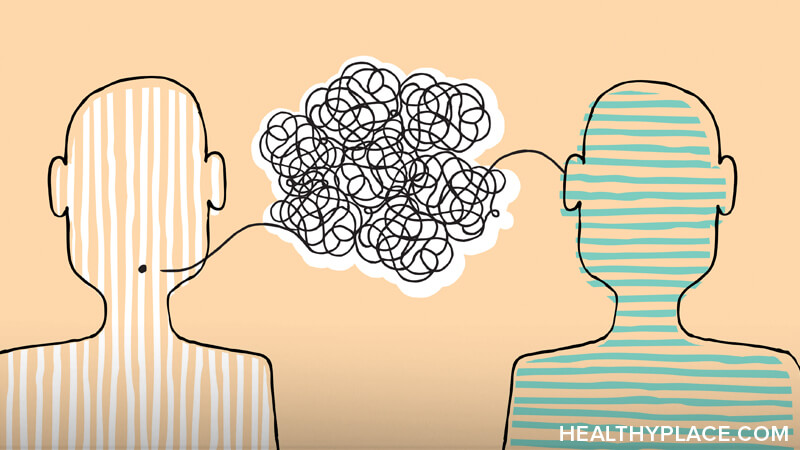No, Your Friends Can't Be Your Therapist

Many people are much more open to the idea of mental health counseling nowadays, but I still encounter people who don't understand the point of paying someone to listen to them when they have friends who will do that for free. They might make jokes about their friends giving them "free therapy" or call therapy a pointless waste of money. Not only is that opinion based on misinformation, but using a friend as you would a therapist can put an unfair burden on the relationship.
Therapy and Friendship Are Not the Same
Relationships between clients and therapists are not the same as friendships. I talk more about the differences in the video below. It is the job of a therapist to focus on and care for their clients, keep good boundaries, and help clients reach their goals. Friends (ideally) want to support each other, listen, and encourage each other to be their best, but friendships are a two-way street.
There is also a very different dynamic between friends and between therapist and client. Friends can tell you what you want to hear just to keep you happy and avoid conflict. Friends also tend to give advice based on their own experiences, which therapists are trained not to do. Friends can make us feel worse, even with the best of intentions.
Considerations and Boundaries for Healthy, Emotionally Supportive Friendships
I have been in both the therapist's chair and the client's chair. I have also been on both sides of this type of friendship, both asking too much of my friends at times and acting as a therapist for my friends when it wasn't my place. You can be supportive of your friends and seek emotional support from them while respecting boundaries. Here are some tips from my experience:
- Be considerate. Before you vent to your friends, make sure they have the emotional space to hear it. Consider asking, "Is this a good time?" before unloading a heavy topic onto someone. I know I always want to support my friends, but sometimes I'm already so stressed out that I don't have it in me to take on anything else at the moment.
- Let friends know where you're at emotionally if they want to vent to you. Try, "I had a bad day, and I don't think I'm in the right mental place to help with this right now. Can we talk tomorrow?"
- Be sensitive to your friend's emotions. Complaining about your job to a friend who just lost hers might be insensitive, for example. Think about whether the topic could be a trigger for your friend and either ask or go to someone else to talk about that subject.
- Ask friends what they need at the start of the conversation. Try, "Do you want advice or just someone to listen?"
- Consider taking action to change the situation or seek professional help if you notice yourself venting to friends repeatedly about the same topic. If your friends keep venting about the same issues without making any changes or taking steps to fix the problem, encourage them to seek professional help. There's no shame in making an effort to better yourself.
For more about the differences between therapists and friends, check out the video below. I would love to know what you think in the comments below.
APA Reference
Sabatello, J.
(2021, August 2). No, Your Friends Can't Be Your Therapist, HealthyPlace. Retrieved
on 2026, March 2 from https://www.healthyplace.com/blogs/relationshipsandmentalillness/2021/8/no-your-friends-cant-be-your-therapist
Author: Juliana Sabatello
This is a very important, and well-delivered, point to get across. While our friendships are wonderful and absolutely hold a special place in our lives, providing comfort and support there are certain things that are simply better left for your therapist. Not only does this benefit you but it benefits your friendship as well. Making sure no one falls into a place of feeling overly dumped on, used, or resentful after receiving potentially hurtful feedback.
